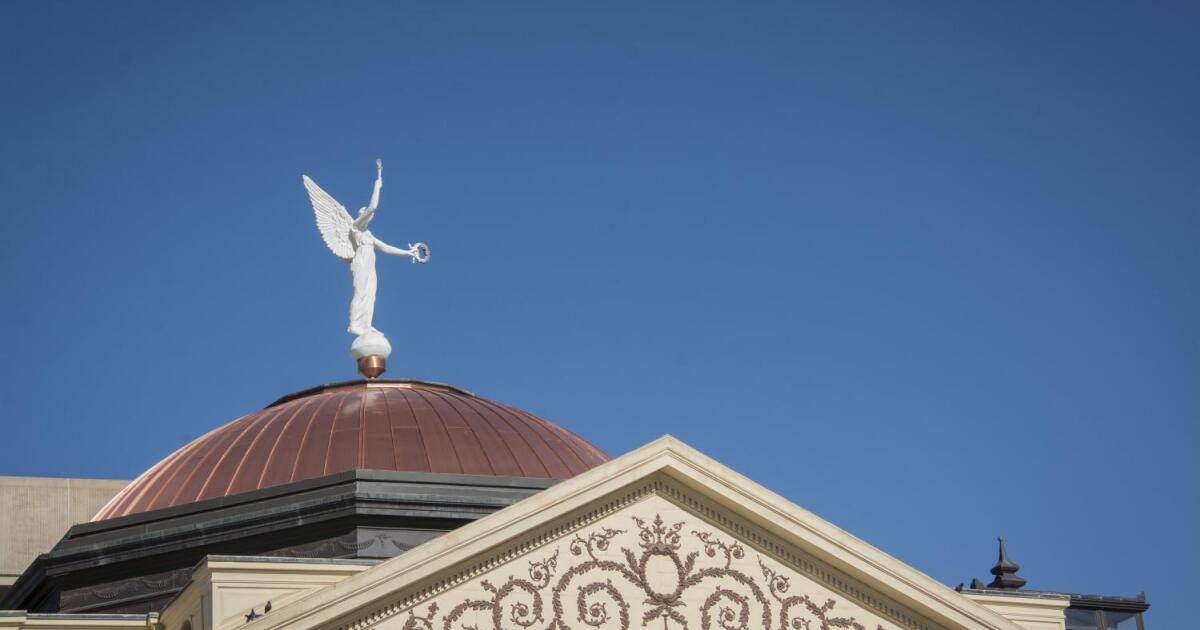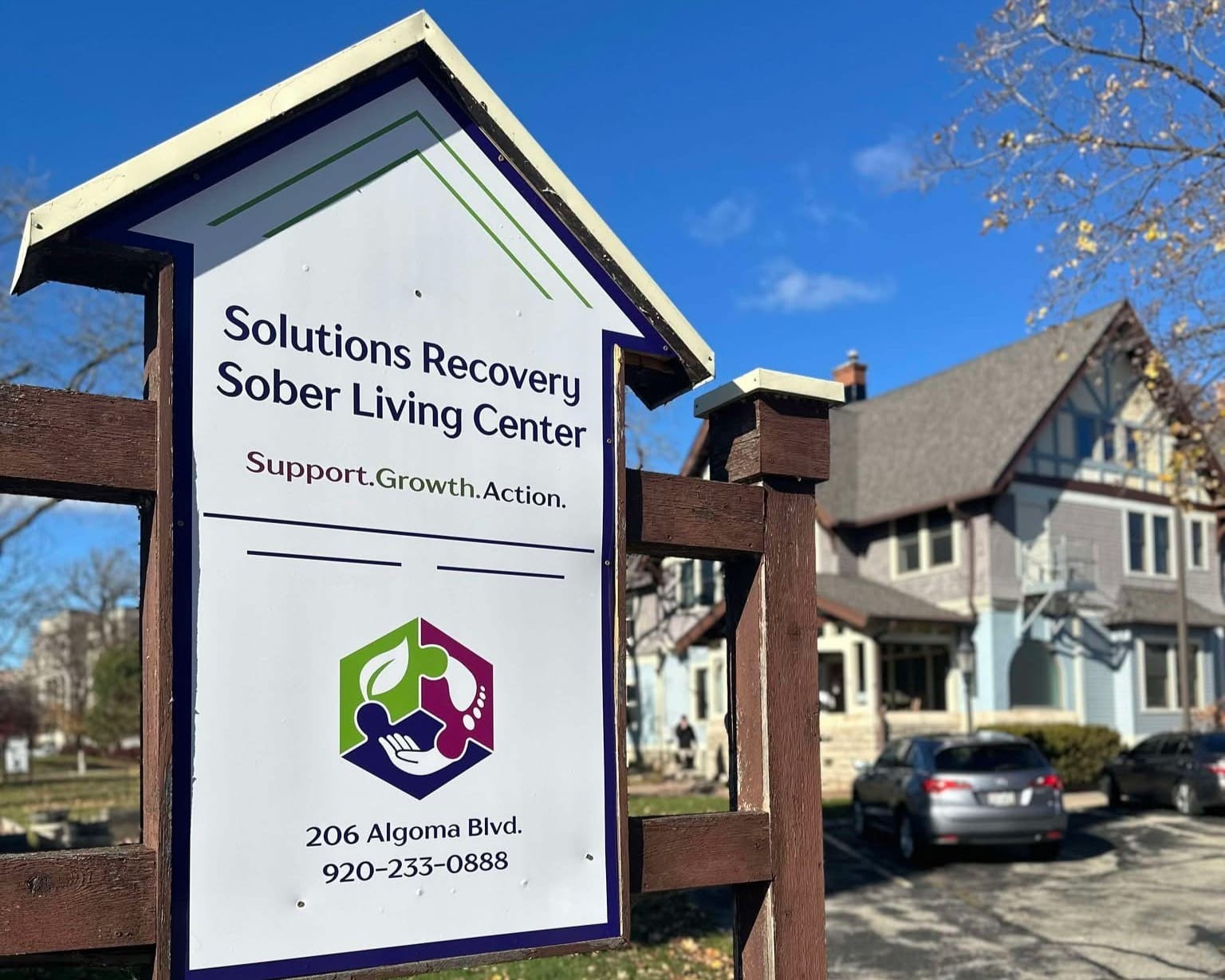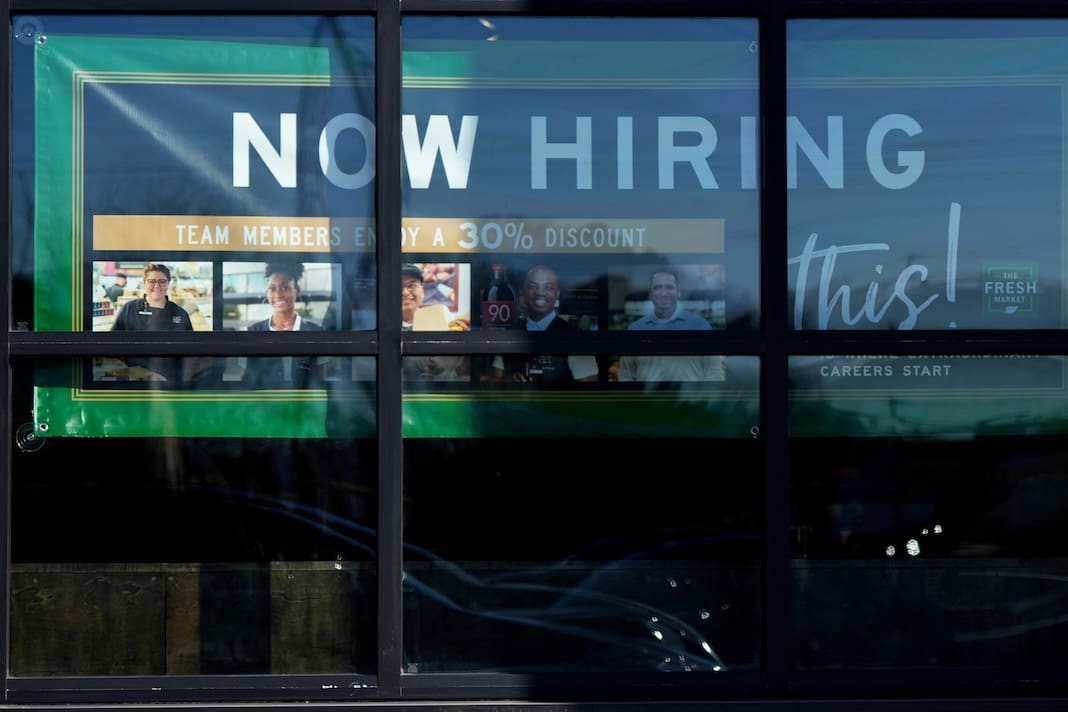Conservatives have achieved a long-sought milestone with the establishment of the first national school voucher program. This initiative, part of a Republican megabill signed by President Donald Trump in July, introduces tax credit scholarships for private and religious schools. Advocates of school privatization have long argued for taxpayer support for families opting out of neighborhood schools.
The “big, beautiful bill” allows donors to receive tax credits up to $1,700 for contributions to scholarship-granting nonprofits, which then assist families with private school expenses. Earlier versions of the legislation proposed larger tax credits and mandatory state participation, but the final version permits states to opt in.
Related: Stay informed about K-12 education with our free weekly newsletter.
Program Timeline
The program begins on Jan. 1, 2027. By late 2026, taxpayers can begin contributing to the scholarships, while families can explore eligible schools. Scholarship-granting organizations, including churches and nonprofits, will manage and distribute funds, retaining up to 10% for administrative costs.
Eligibility Criteria
Eligible students must qualify for public school, reside in a participating state, and have family incomes up to three times the area median income. The program also extends to current private school and home-schooled students.
Funding Details
While donor contributions are capped at $1,700, the legislation doesn’t specify limits for individual scholarships. In states with similar programs, students might combine scholarships to cover private school tuition, typically averaging $13,000 annually. Detailed regulations from the Treasury Department are anticipated.
Related: Arizona’s experience with public funds for private schools
Scholarship Uses
The scholarships can cover tuition, room and board, special services, transportation, and educational materials. State definitions of “eligible school” will vary, affecting home-schoolers’ eligibility. Public schools may also charge for specific services.
Participation and Costs
Approximately 21 states, including Arizona and Georgia, have existing tax credit programs, likely joining the federal initiative. Costs depend on taxpayer participation, with projections ranging from $4 billion to $51 billion annually. Critics argue the program favors wealthy families and undermines public school funding.
Related: Trump’s education policy impacts
Contact staff writer Neal Morton at 212-678-8247 or via email at morton@hechingerreport.org.
This article on school voucher programs was produced by The Hechinger Report. Subscribe to the Hechinger newsletter.
The Hechinger Report offers unbiased education reporting, free to readers. Our work keeps the public informed about key school issues. Support our efforts to continue this vital coverage.
—
Read More Kitchen Table News










